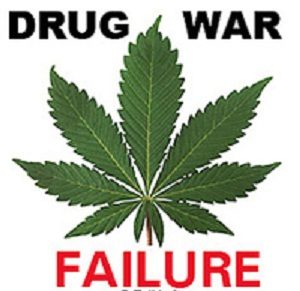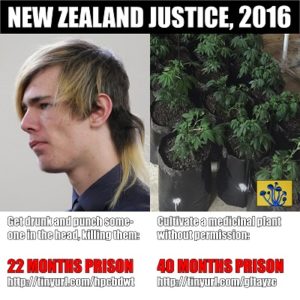
The return of Jimmy Neesham to the Black Caps Test side, announced this week, might go some way towards filling the Brendon McCullum-sized hole at No. 5 as the Black Caps begin their tour of India later this month.
It’s very difficult to pick exactly what Black Caps side will take the field when the first Test begins in Kanpur on September 22.
For one reason, the bowling attack will likely be very different to that which played in Africa. The last time the Black Caps were in India they opened their World T20 campaign with a shock win over India themselves – and spinners took the first nine wickets (Santner 4, Sodhi 3, McCullum 2).
Gavin Larsen suggested that it was of value to the Black Caps side to have two seam-bowling allrounders in Neesham and Doug Bracewell. If both play, along with the expected two spinners, one of the regular pace trio of Tim Southee, Trent Boult and Neil Wagner will have to sit out.
Of interest is that the workhorse of the pace attack, Neil Wagner, is up to 9th place in the Test bowling rankings. This puts extreme pressure on Tim Southee’s position, as Trent Boult is generally considered the more dangerous of the new ball pair. Boult is also 10th on the rankings – Southee is a creditable but not compelling 15th.
If two of Santner, Craig and Sodhi play, there may be only room for one seam-bowling allrounder (likely Neesham) and two of the regular pace trio.
This is unless something changes with the batting. Although Martin Guptill might be the Black Cap with the most pressure on his spot, his primary challenger, Jeet Raval, has been dropped from the squad (along with Matt Henry). That probably means that Guptill will have the whole India tour to make good on the immense potential he has shown as an ODI batsman.
Henry Nicholls was not impressive in Zimbabwe, making only 18 and 15 and playing some rash shots. He didn’t get to bat in the first Test against South Africa. Then, in the second Test, under immense pressure from the strongest bowling trio in world cricket right now in Dale Steyn, Vernon Philander and Kagiso Rabada, he outscored even Kane Williamson, coming in at 3/5 in the fourth innings and losing Williamson soon after.
The promise shown against that world-class attack might be enough to dismiss talk of Neesham batting at 5 in order to strengthen the bowling options.
Also, because India at home with Ravichandran Ashwin and Ravindra Jadeja is an incredibly difficult challenge right now, the logical thing to do might be to strengthen the batting.
It’s possible that we will see a team that looks like:
1. Latham
2. Guptill
3. Williamson (c)
4. Taylor
5. Nicholls
6. Neesham (2)
7. Watling (wk)
8. Santner (5)
9. Craig (4)
10. Wagner (3)
11. Boult (1)



